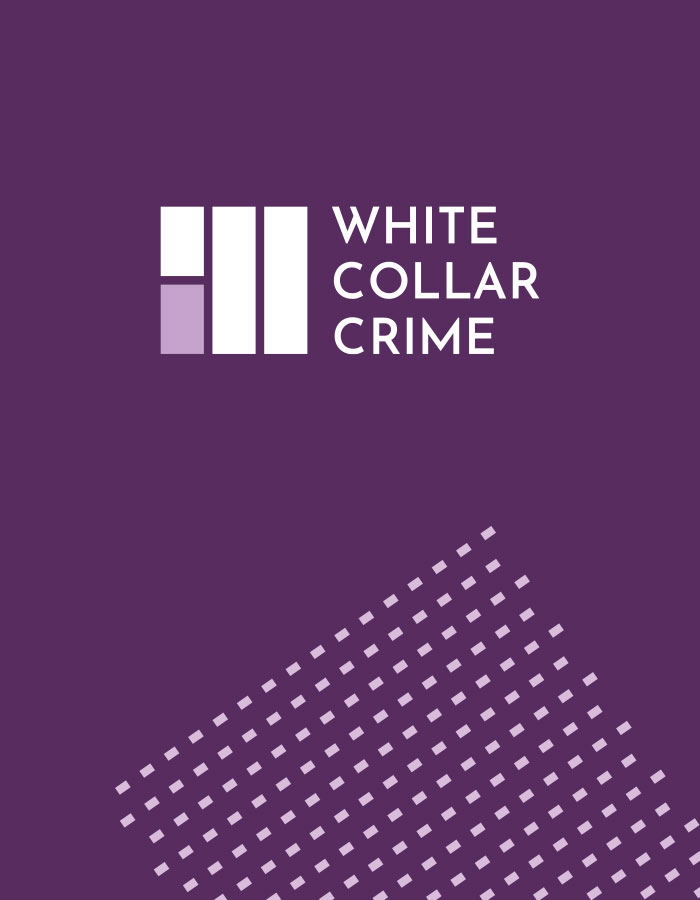Speed read: The wrongful trading suspension ended on 30 September 2020 and it is important that company directors keep in mind the offence in section 214 of the Insolvency Act 1986. Although it is a civil contravention, there could be implications for the anti-money laundering regime.
Although the government’s furlough support has now been extended to mitigate the untold pressures on businesses across the country, company directors must return to steering clear of the civil offence of wrongful trading. Suspension of section 214 of the Insolvency Act 1986 (‘IA 1986’) ended on 30 September 2020 and falling foul of the provision triggers a director’s personal liability and potential disqualification from directorships. Further, whilst the contravention is civil in nature, in some situations there can be a bearing on the reporting requirement under the Proceeds of Crime Act 2002 (‘POCA 2002’) and it may also affect an individual’s ability to engage in regulated sector work in the future.
Understanding wrongful trading
The civil offence will be engaged where a director knew or ought to have concluded that there was no reasonable prospect of his or her company avoiding insolvency yet continued to trade. The rationale is that a director is obliged to take every reasonable step to avoid or minimise loss to the company’s creditors. If a failure is established in the course of liquidation proceedings, and the Court makes a declaration that wrongful trading has occurred, potentially the director may be required to contribute to the company’s assets. Far easier to prove than the criminal offence of fraudulent trading which arises where a business is carried on in order to defraud creditors or for other fraudulent purpose, wrongful trading does not require any dishonesty. It can capture a situation where an entirely honest but excessively optimistic director should have spotted that insolvency was inevitable.
Only directors can commit the civil offence but the term is construed broadly to include a person who is a ‘shadow director’ and has assumed a director position even if they may not be called that. Even a director who has resigned or been removed may still be liable for the period of their directorship. For the purposes of the wrongful trading offence, a company will be considered insolvent when its assets are insufficient to pay its debts: see section 214(6). An ‘inability to pay debts’ is defined in section 123 of the Insolvency Act. A company will be considered unable to pay its debts if a creditor’s demand to pay a debt in excess of £750 has been neglected for at least three weeks.
What are the signs?
In the current climate, a company’s reliance on government support measures will be unexceptional but signs that it may be in serious trouble and approaching insolvency may include:
- A company’s inability to settle debts promptly
- A company delaying settlement of debts until a demand or proceedings are issued
- A company choosing to settle debts in a surprising order
- Steps taken by the company to raise funds urgently in the last three months
- A significant number of redundancies relative to the size and nature of the company
- Late filing of accounts
- Slippage in obtaining or reviewing management accounts
- Disappearance of a lucrative contract that is responsible for a significant level of cash flow
- Heavy reliance on overdraft facilities
- Rising HMRC debt
Directors who have permitted a company to continue to trade when they knew or should have known that insolvency was nearing can expect in due course the Court to make an order that they be disqualified from holding a company directorship. Disqualification orders, made pursuant to section 6 of the Company Directors Disqualification Act 1986, are for a specific period which will span between two and fifteen years. They bar not just the holding of a directorship but any direct or indirect involvement in company formation or management.
Are there any money laundering implications?
Being a civil contravention, suspecting that a director is engaged in wrongful trading or later learning that a declaration has been made against him or her will not engage the reporting duty in section 330 of POCA 2002. No criminal offence has been committed and no criminal property generated. But it will be important to remember that the warning signs identified above do also lend themselves to indicators of fraudulent trading which is a criminal offence, contrary to section 993 of the Companies Act 2006.
Going forward, discovering what appears to be wrongful or fraudulent trading will not mean that a third party is relieved of obligations owed to the company. The recent decision of Stoffel & Co v Grondona [2020] UKSC 42 affirms the position in Patel v Mirza [2016] UKSC 42 that the application of the illegality doctrine requires a balanced judgment in every case. There is a strong policy interest in ensuring that contractual obligations continue. But, if in dealings with a company director, a third party suspects or should suspect that he or she is acting dishonestly and in so doing has acquired and dealt with criminal property then the reporting duty can come into play. Applying the formulation for dishonesty in Ivey v Genting Casinos [2017] UKSC 67, endorsed in the criminal context in Booth & Anor v R [2020] EWCA Crim 575, the key will be to assess what the director knows of the company’s insolvency and whether a reasonable person may consider that he or she has dishonestly forged ahead with trading, deliberately painting a rosier picture for creditors[1] or indeed for any other purpose such as, for example, to obtain funding.
Separately, a person falling foul of the wrongful trading provision is likely to impact not just their ability to hold a directorship in the future but to engage in regulated sector work more generally. Regulation 21(1)(b) of the Money Laundering Regulations 2017 requires a regulated company to screen employees carrying out regulated work before they are appointed to do so and during the course of their appointment. The components of ‘screening’ are not prescribed and depend on the size and nature of the business. But even prior to the pandemic, a basic check of an individual’s financial integrity was a feature of the anti-money laundering screening processes of some regulated firms. It follows that the failure to spot looming insolvency will compromise not just the company itself but the opportunities open to individual directors in the future.
[1] For a detailed analysis of the offence of fraudulent trading in the context of Covid-19 refer to Jonathan Fisher QC, ‘Fraudulent trading risks in insolvency and corporate restructuring cases’ published in the June 2020 edition of Money Laundering Bulletin.








